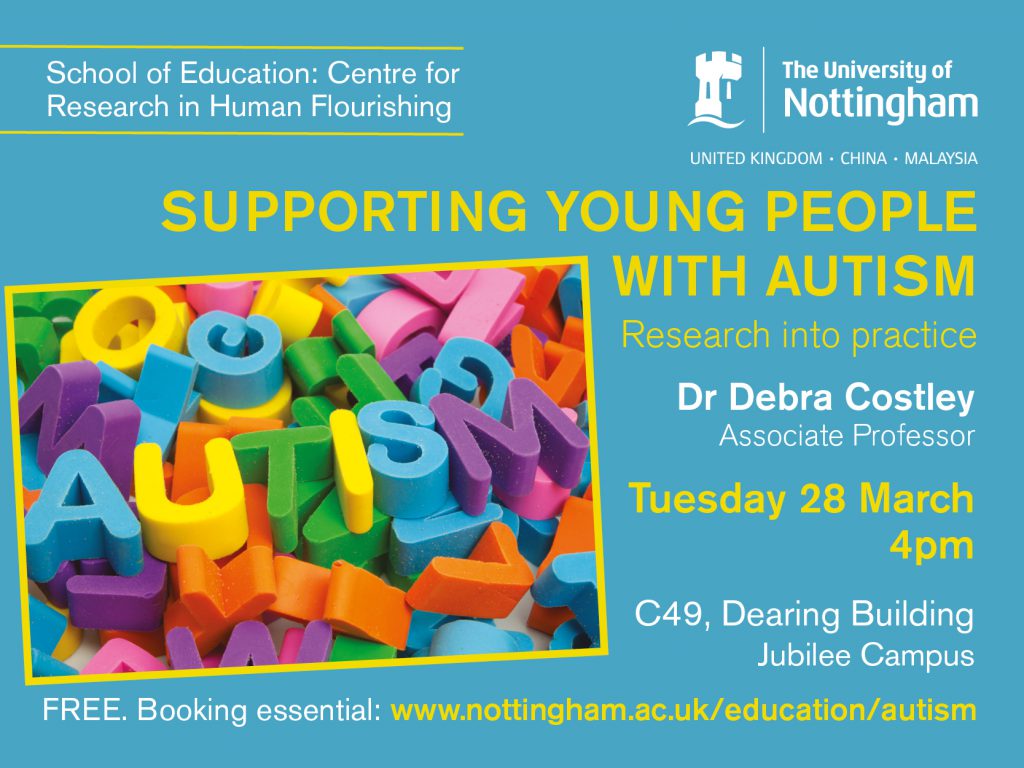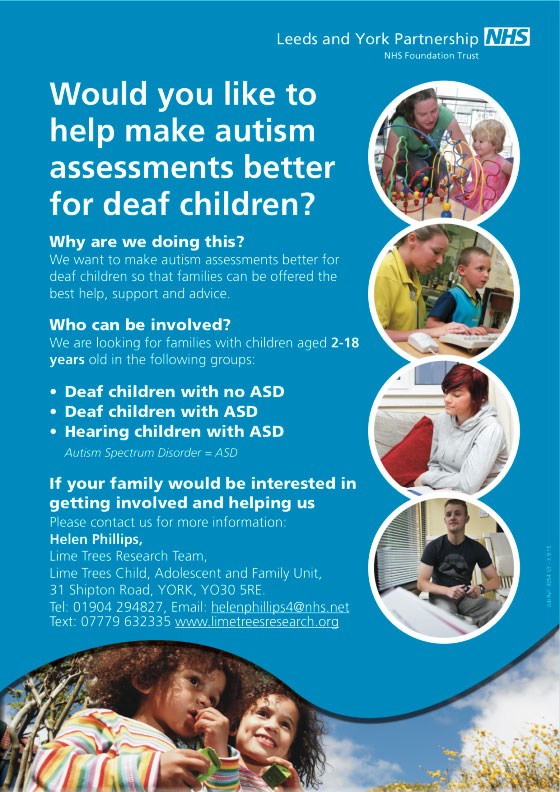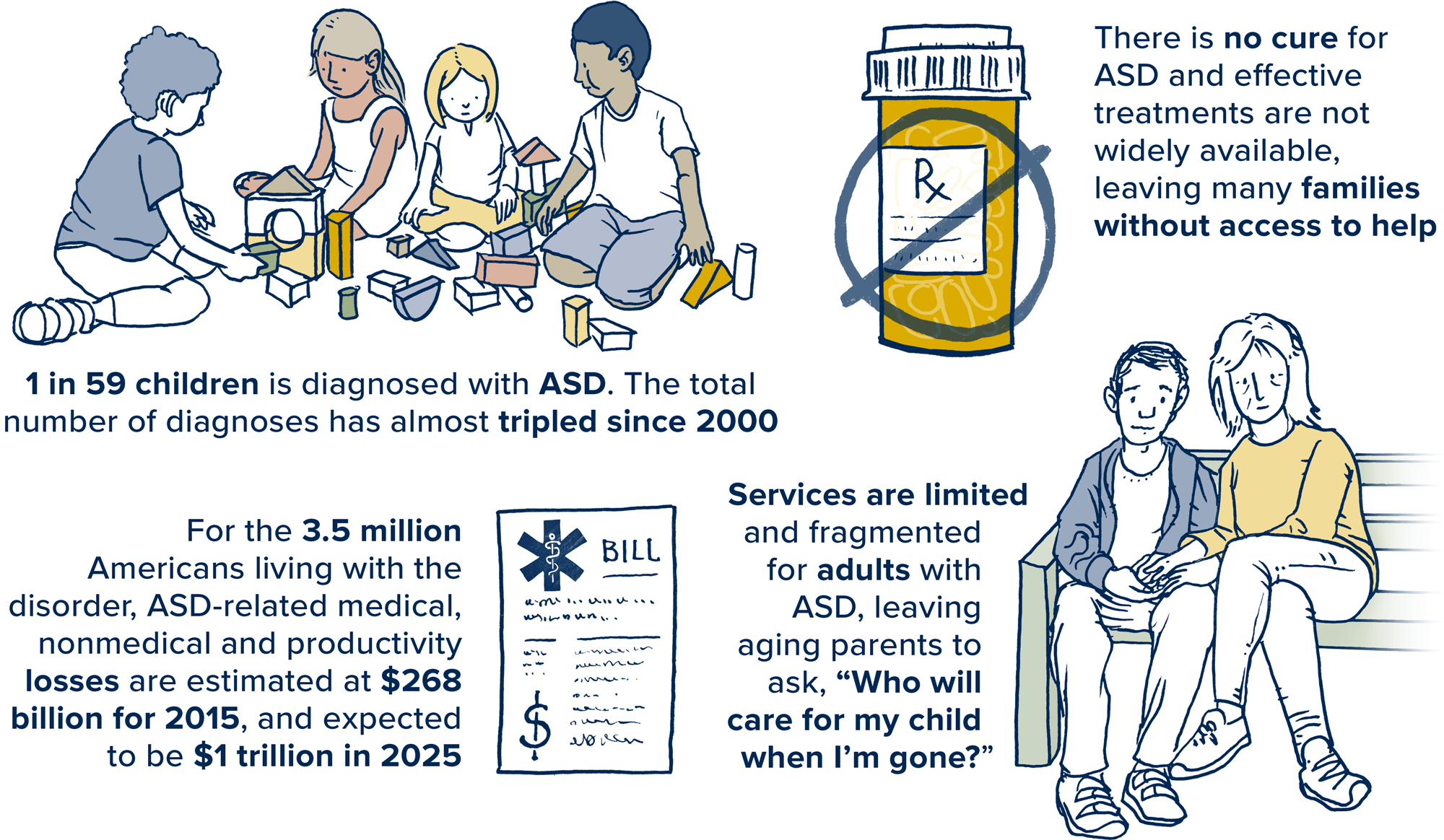
Latest news
· In the search for autism-linked mutations, researchers have focused mainly on genes — which make up only 2 percent of the genome. This year, however, autism scientists made inroads exploring vast stretches of DNA that don’t code for proteins Research on Autism Spectrum Disorder Study to Explore Early Development (SEED) SEED is a multi-year study funded by CDC. It is currently the largest study in the United States to help identify factors that may put children at risk for ASD and other developmental blogger.comted Reading Time: 30 secs · Other avenues of research on autism include investigations into gene variants that could play a role in the development of ASD. A recent study analyzed the DNA of more than 35, people worldwide

· Other avenues of research on autism include investigations into gene variants that could play a role in the development of ASD. A recent study analyzed the DNA of more than 35, people worldwide · In the search for autism-linked mutations, researchers have focused mainly on genes — which make up only 2 percent of the genome. This year, however, autism scientists made inroads exploring vast stretches of DNA that don’t code for proteins Research on Autism Spectrum Disorder Study to Explore Early Development (SEED) SEED is a multi-year study funded by CDC. It is currently the largest study in the United States to help identify factors that may put children at risk for ASD and other developmental blogger.comted Reading Time: 30 secs

· In the search for autism-linked mutations, researchers have focused mainly on genes — which make up only 2 percent of the genome. This year, however, autism scientists made inroads exploring vast stretches of DNA that don’t code for proteins · Autism researchers are able to identify specific changes in DNA tied to such neurodevelopmental conditions. This is thanks to advanced techniques such as chromosomal microarray (CMA) and whole-exome sequencing. We now know that autism has a known genetic cause in % of cases. The genetic causes for autism differ widely from person to person Research on Autism Spectrum Disorder Study to Explore Early Development (SEED) SEED is a multi-year study funded by CDC. It is currently the largest study in the United States to help identify factors that may put children at risk for ASD and other developmental blogger.comted Reading Time: 30 secs

· Autism researchers are able to identify specific changes in DNA tied to such neurodevelopmental conditions. This is thanks to advanced techniques such as chromosomal microarray (CMA) and whole-exome sequencing. We now know that autism has a known genetic cause in % of cases. The genetic causes for autism differ widely from person to person · In the search for autism-linked mutations, researchers have focused mainly on genes — which make up only 2 percent of the genome. This year, however, autism scientists made inroads exploring vast stretches of DNA that don’t code for proteins · Other avenues of research on autism include investigations into gene variants that could play a role in the development of ASD. A recent study analyzed the DNA of more than 35, people worldwide

· Autism researchers are able to identify specific changes in DNA tied to such neurodevelopmental conditions. This is thanks to advanced techniques such as chromosomal microarray (CMA) and whole-exome sequencing. We now know that autism has a known genetic cause in % of cases. The genetic causes for autism differ widely from person to person · In the search for autism-linked mutations, researchers have focused mainly on genes — which make up only 2 percent of the genome. This year, however, autism scientists made inroads exploring vast stretches of DNA that don’t code for proteins · Other avenues of research on autism include investigations into gene variants that could play a role in the development of ASD. A recent study analyzed the DNA of more than 35, people worldwide
No comments:
Post a Comment